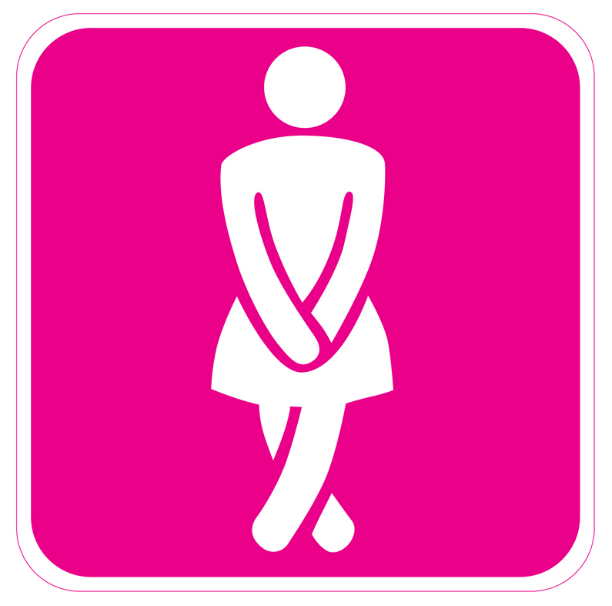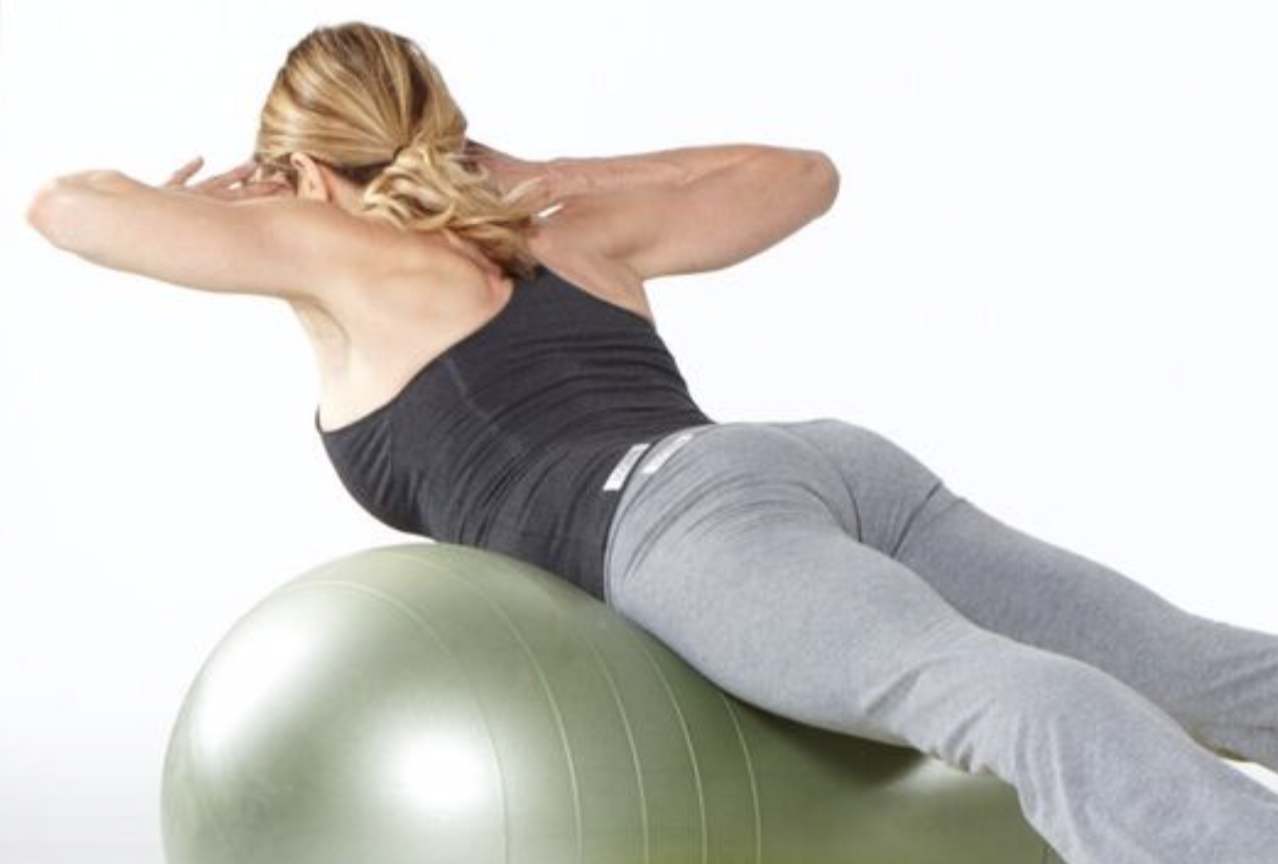What Type of Incontinence Do You Have?

Written by Ashlee Davis and originally published on Health
If you have urinary incontinence, you have a tendency to accidentally leak urine. Paying attention to when and where you have bladder problems can help figure out which type of incontinence you have
1 – Standing up
If you leak urine after simply standing up from a sitting position you may have stress incontinence. This type of incontinence isn’t due to emotional stress, but rather physical stress—meaning increased pressure in the body or straining can force urine past the neck of the bladder and out through the urethra.
Stress incontinence is more common in women than in men, and is typically caused by factors that weaken the bladder muscles, such as aging, childbirth, excess weight, and surgery—particularly hysterectomy in women and prostate surgery in men.
2 – Sudden urge
If you feel the need to urinate frequently and often have a sudden, urgent, and uncontrollable need to urinate, you may have overactive bladder, which can cause you to have urge incontinence. The feeling can occur even when the bladder contains only a small amount of urine.
Urge incontinence typically occurs when the bladder contracts at inappropriate times, and these bladder spasms result in incontinence. Bladder contractions can be the result of damage to the nerves or muscles of the bladder.
Try The Bladder Workout: Tame Incontinence Without Surgery
3 – Laughing, sneezing, coughing
Urine leakage when you laugh, sneeze, or cough is a common symptom of stress incontinence. Depending on the severity of the problem, you may leak small to large amounts of urine when this pressure on the abdomen occurs.
Doing Kegel exercises can help you tone the pelvic floor muscles, which hold in urine, and tame your incontinence.
When done correctly, “Kegeling” can alleviate up to 90 percent of stress incontinence and heighten pleasure and sensitivity during intercourse. Click here for 4 NEW ways to do kegels!
4 – Running water
This is not a myth. Some people have an increased urinary urgency—which can trigger incontinence—when they hear the sound of running water. Other noises or daily rituals can also cause problems for people with urge incontinence.
“Running water or thoughts of approaching home—as one waits for the garage door to open or unlocks the door—can actually exacerbate the symptoms of overactive bladder,” Dr. Shah says.
5 – Exercise
Leaking urine when lifting weights or performing other exercises is another sign of stress incontinence. “Anytime you exert yourself, increase pressure on the abdomen, and leak urine, that would be considered stress incontinence,” Dr. Shah says.
Exercising with a full bladder makes you even more vulnerable, so try to schedule bathroom trips before and during your workout. If this still doesn’t give you a handle on your incontinence, talk to your doctor before giving up on exercise.
6 – Can’t hold it
People who experience urge incontinence have a hard time reaching the bathroom.
“They know they have to go, but feel they don’t have enough time to get there,” says Dr. Shah. “They can’t stop the bladder, and their underwear is wet before they get to the bathroom or they are dripping on the floor.”
Anxiety can worsen urge incontinence, as can having uncontrolled diabetes and taking diuretics, which are blood pressure-lowering drugs that work by clearing your body of water and salt.
7 – Sex
Women with incontinence can also experience urine leakage while having sex, Dr. Shah says. Since this discharge is caused by pressure on the abdomen and bladder, it’s a sign of stress incontinence.
You can reduce your chance of leakage by going to the bathroom before sex, avoiding fluids an hour before sex, and trying certain positions (such as being on top).
8 – Mixed symptoms
It’s common for a woman to have mixed incontinence, or a combination of stress and urge incontinence, especially after menopause.
“Sometimes it’s clear-cut, but it’s not uncommon for patients to have both components,” Dr. Shah says. However, one type of incontinence is usually more severe or annoying than the other.
“One should see an expert to determine which conditions are present and then decide which therapy would be best,” Dr. Shah says.
9 – Amount of urine
Volume of leakage alone doesn’t necessarily tell you what type of incontinence you have, Dr. Shah says.
The amount leaked completely depends on the severity of the condition. Although people with stress incontinence are thought to leak less than people with urge incontinence, they can still release quite a bit if their condition is severe.








